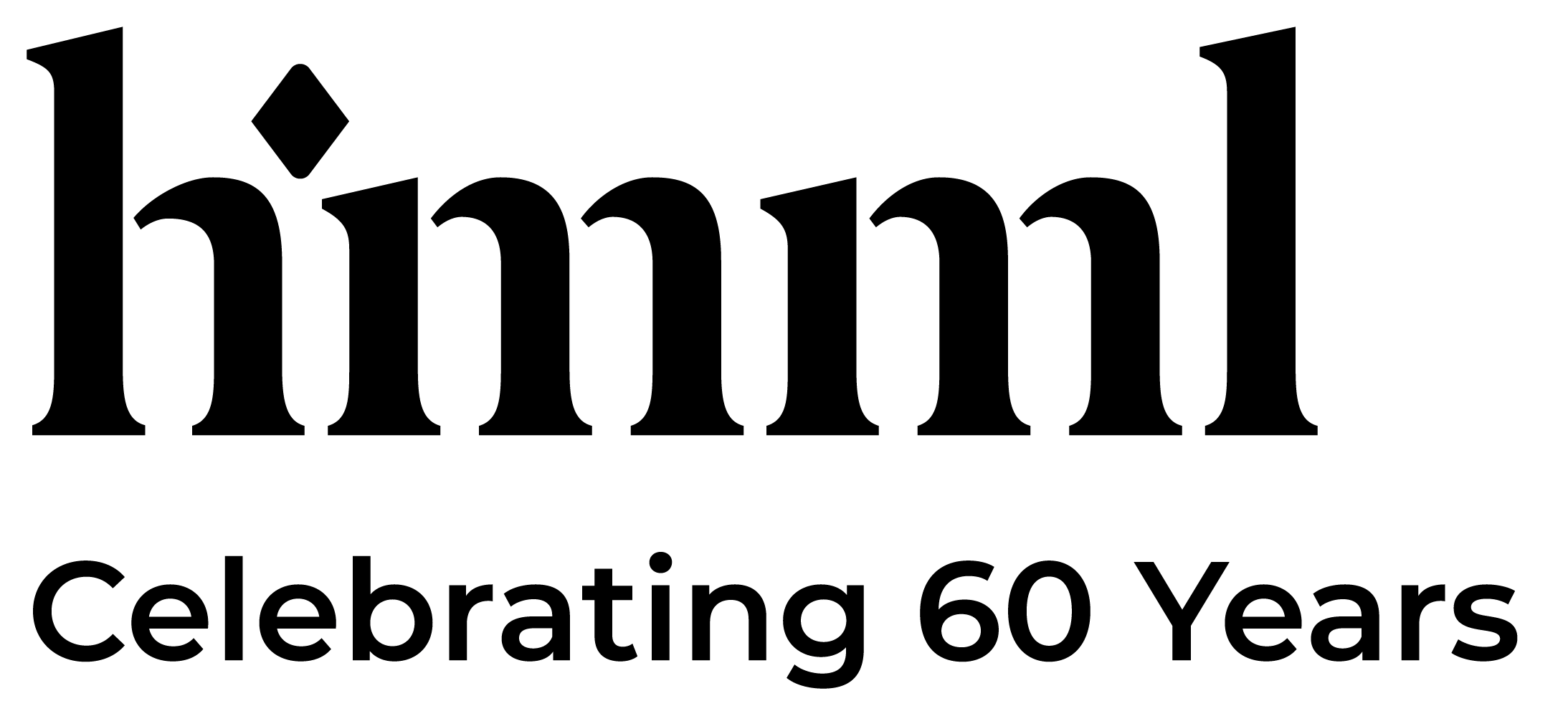Pantal Vaidikan Dāmodaran Nampūtiri: HMML Repository
Pantal Vaidikan Dāmodaran Nampūtiri
This is a collection of palm leaf and paper manuscripts owned by the Pantal Mana family, housed in their home in the village of Rappal, and digitized by the Digital Preservation of Kerala Archives Project (DiPiKA).
- Collection
- Buddhist Hindu
- Country
- India
- City
- Rappal
- Repository
- Pantal Vaidikan Dāmodaran Nampūtiri
- Project Codes
- DKA 003
- Project Numbers
- DKA 003 00046-00092
- Type
- Digital
- Objects Preserved
- 92
- Active Catalog Records
- 92
- Digital Surrogates
- 92
- Date Preserved
- 2024
- HMML Reading Room (sample record)
- https://www.vhmml.org/readingRoom/view/175903
- HMML Authority File
- https://haf.vhmml.org/organization/136048064411
- Languages
- Sanskrit, Malayalam, English
- Preservation Status
- Complete
- Cataloging Status
- Complete
- Collections News
- 92 manuscripts added
Collection History
Pantal Mana is the Vaidikan family of the Iriññālakkuṭa grāma, whose members are renowned experts in the Vedic rituals’ procedure. It bears mentioning that there are only six families of the Vaidikans in Kerala. The manuscript collection comprises mostly works pertaining to the subject of Vedic ritualism, as for instance Yāgakriyā, Agniṣṭomavidhi, Yogiyāruṭe kārikā or Loṣṭacitiprakāra. As the conducted survey shows, these written artifacts appear to be unique and are not to be found anywhere else, since they record the sacrificial tradition particular to this Vaidikan lineage. The palm-leaf manuscripts in this collection are part of the ancestral holdings of the Pantal Mana. Some of the paper manuscripts contain notes written by the current owner's father, reflecting his scholarly engagement with Vedic tradition. The remaining paper manuscripts were acquired by him from various other families engaged in the practice of Vedic śrauta ritual. These include Taikkāṭṭŭ Mana, Kiṭaṅṅaśśēri Mana, Kapliṅṅāṭṭŭ Mana, Kōtamaṅgalam Mana, Kāpra Mana, and Tōṭṭam Mana.
Project Description
DiPiKA is a collaboration between the Vadakke Madham Brahmaswam (Vedic Research Centre) in Thrissur, the École française d’Extrême-Orient (EFEO, Paris and Pondicherry), the Hill Museum & Manuscript Library (HMML, Collegeville, Minnesota), and the Centre for the Study of Manuscript Cultures (CSMC), University of Hamburg. The project is funded by Arcadia for a period of five years. The project aims at preserving the rich and highly endangered written cultural heritage of Kerala. It surveys and digitizes palm-leaf and paper manuscripts kept in private collections across the state. The digitized collections will be fed into a digital repository, thus forming an online archive of Kerala manuscripts that will be openly accessible. This will facilitate its use by scholars and private owners, thereby also fostering further local initiatives to safeguard historical written artifacts.
